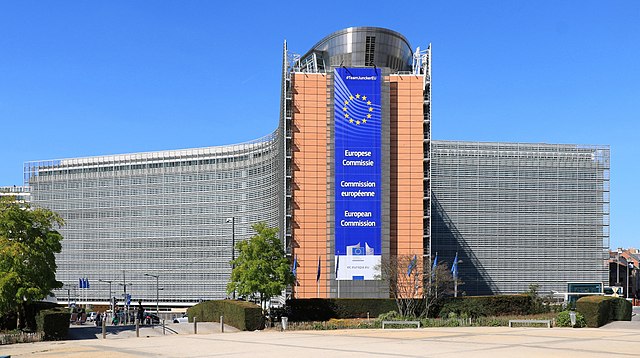The European Commission has started an investigation to assess whether the public support given to the Slovak company NAJPI a.s. for establishing a glass sand extraction site complies with EU State aid rules. The investigation was triggered by a complaint alleging that NAJPI received state aid incompatible with the internal market.
In 2013, Slovakia granted NAJPI €4.99 million in regional assistance. A decision made in July 2017 to approve the aid was later annulled by the General Court, a judicial body responsible for reviewing the legality of the Commission’s decisions, citing concerns about NAJPI’s classification as a small and medium-sized enterprise (SME).
Following the General Court’s ruling, the Commission will conduct a more thorough investigation to determine whether NAJPI qualified as an SME at the time of receiving the aid and whether the General Block Exemption Regulation (GBER) conditions were met. The Commission is committed to a fair and transparent process. If the Commission concludes that the Slovak support did not meet the GBER exemption criteria, it will assess whether the conditions of the 2007-2013 Regional Aid Guidelines were fulfilled. This investigation allows all interested parties, including the beneficiary, to provide comments and insights and does not preclude the outcome of the investigation in any way.
The EU State aid rules, such as GBER and the 2007-2013 Regional Aid Guidelines (RAG), are designed to enable Member States to support economic development and employment in disadvantaged areas and promote regional cohesion in the Single Market. The GBER specifically identifies certain categories of State aid as compatible with the Treaty on the Functioning of the European Union (TFEU), thereby exempting them from prior notification and approval by the Commission, and allowing Member States to provide direct aid.

